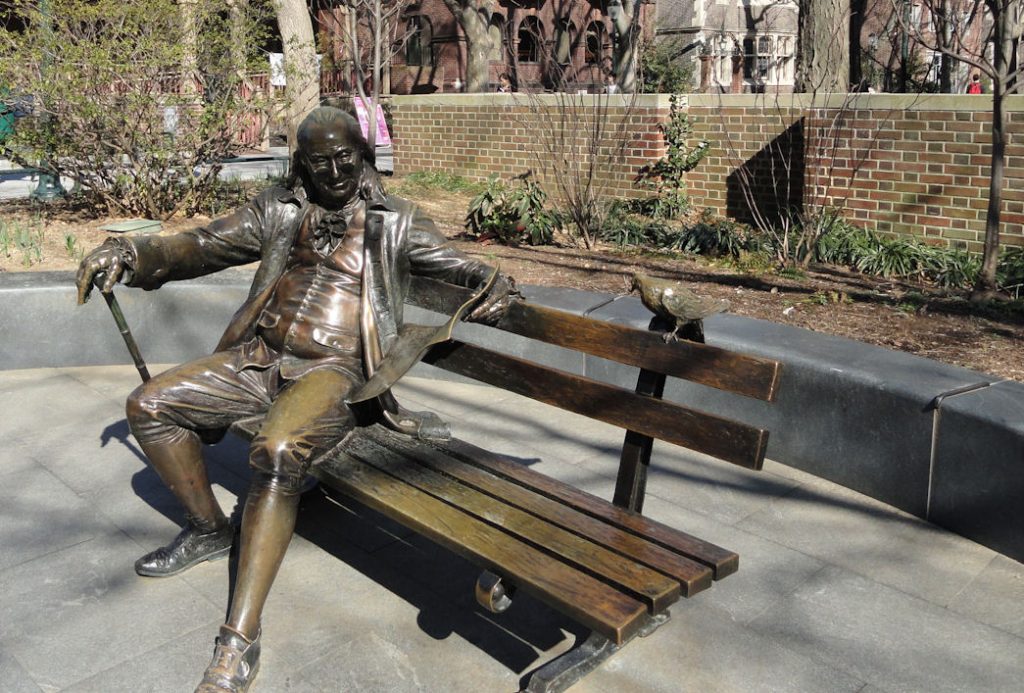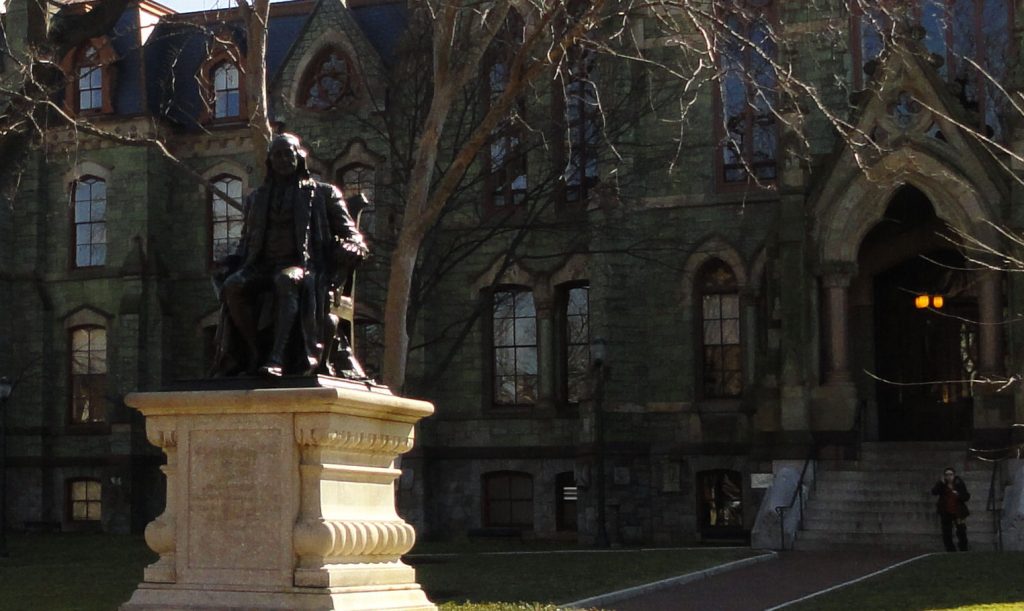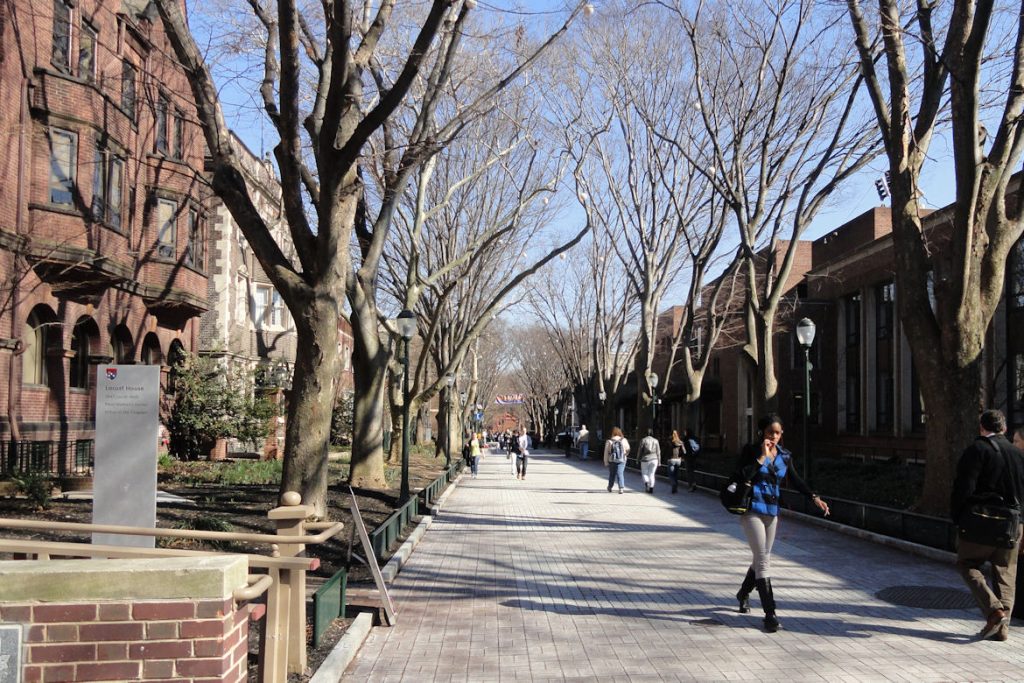
One of the things about American universities that most impresses our Brazilians friends is the density and depth of outside connections. Most American universities work in a web of other universities, private firms and NGOs to a much greater extent than their Brazilian counterparts. Students at American universities often work as interns and in co-ops with businesses. Researchers at American universities mix freely with outsider. American professors consult. Universities are not outside; they are fully part of society’s fabric. (This may seem obvious to us, but recall that many universities traditionally have seen themselves as separate with separate norms and sometimes special rules and laws. In Europe, they were based on religious institutions with traditions of separation.)

In trying to explain this difference, one of our Brazilian friends credited relative insecurity among American academics. He said that Brazilian academics are relatively well paid and secure in their positions. They are not hungry for other things. They don’t need to look for outside opportunities. Only hungry wolves hunt. American academics are hungry, at least in the figurative case.
This makes a lot of sense. I am not sure the hunger metaphor is perfect, but I do think that American universities have a feeling of incompleteness. They need to partner with outsiders. This makes the universities better and more robust as well as more useful to society.

This is not an uncontroversial idea. When I was in school lo those many years ago, there was a lot of gnashing of teeth that academics were getting involved with private business. There was a kind of chastity idea that universities should start apart from the hustle, bustle and especially the profit motives of the larger society. This has weakened in recent decades. Describing academics in an “ivory tower” – separate from society – is usually a pejorative description. But we still see some of this idea. There really is not much merit to the idea of separateness it, although it is resembles the valid idea that scholars should have some space for contemplation.
The value of a scholarly pursuit is that it should allow the thinking person the space to think. You can be so involved in doing things that you don’t have time to think about what you are doing or why. This we should defend. But a step back or a pause to think should not mean separation.
The irony for a scholar being separate is that separating yourself allows you to do exactly what scholarship should never do, i.e. isolating yourself from people and ideas that might challenge your own ideas. We all look for confirming information and people who support us. We need to be pushed out of this comfort zone usually by needing to interact with people who might prefer to avoid.
That is why it is good to be hungry, at least sometimes. It forces us to get out there, try new things, innovate and overcome. Challenges lead to growth; comfort to stagnation.
My pictures are Ben Franklin at the University of Pennsylvania. He was a man who questioned, tried lots of new things and produced practical wisdom. He founded the University of Pennsylvania, an academic pursuit, but he also invented the Franklin stove, very practical, discovered the nature of electricity, very technical, originated lighting rods, very helpful and described the Gulf Stream, very much natural science. And he did almost everything he did in cooperation with others. He in his person formed a good template for what universities might be. I also have a picture of a walking street at the University of Pennsylvania.
